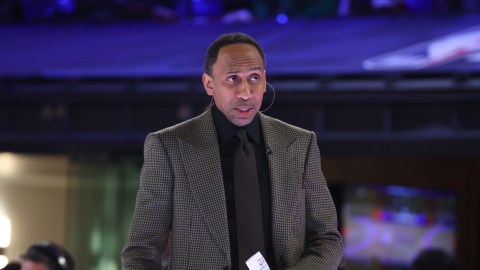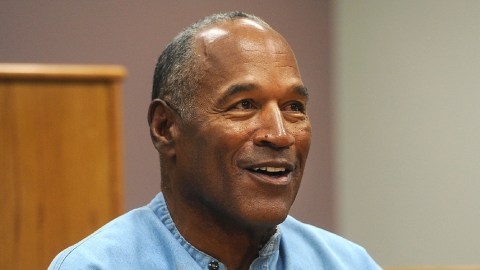 You literally can’t even give away a print publication nowadays.
You literally can’t even give away a print publication nowadays.
After 47 years of publication, on Thursday The Boston Phoenix announced that the March 15 issue would be its very last, killing Boston’s primary alternative weekly. While it’s true that the industry of journalism as a whole is currently undergoing complete upheaval, this decision comes only months after the magazine radically redesigned its format, more closely imitating a glossy magazine after merging with Stuff Magazine.
Without getting overly sentimental, The Phoenix was the kind of place where Bob Ryan could get a quote printed that he couldn’t in The Globe. It was where George Kimball made his name, Bill Simmons began his career and Charlie Pierce developed his voice.
And now, it’s gone.
“I honed my chops,” Pierce wrote on Friday for Grantland. “I became a generalist. I learned everything I know about being a journalist, and almost everything I know about being me in the world.”
“… What’s important is that we all were part of the outlaw spirit of Boston journalism, the one that went back to colonial pamphlets and the Liberator.”
If anyone tries to tell you that journalism is dying, well, that’s not exactly accurate. In many ways, there’s more thirst for knowledge of the world than ever before, and more interesting stories out there in a world that’s growing ever more complicated by the day. Even the aggregation business models — which we’ll get back to — which are said to be a direct threat to journalism, have only commodified facts even more.
However, the problem is that many of the traditional print publications, that for so long saw only incremental changes in their business model, just weren’t capable of dealing, for whatever reasons, with the sudden changes brought on by the digital age. The Internet, in general, has become what Napster was to the music industry — if you want a certain product, you don’t have to obtain it from the source trying to sell it to you.
But the plain fact is that there’s no less of a demand for that product, the news, in this case. In fact, that demand is only higher than it was during the heyday of print, whenever that was. And while outlets like The Phoenix, The Sporting News and SPIN Magazine flail about, other sources for information like The Huffington Post, Buzzfeed and Gawker thrive.
And it all goes back to a simple lesson: adapt or die.
Take Sports Illustrated, for instance. Seeing the writing on the wall, about a year ago the company drastically reorganized its online presence and implemented the Tracking Blog, which is basically an aggregated website following sports news trends. Basically, the attempt is to be much more timely, as opposed to the magazine’s more highfalutin journalistic aims.
“The Phoenix was the first place that paid me to write in my own voice, and gave me enough space to do my thing,” Simmons wrote on his Facebok page. “I can’t believe they screwed it up so badly that they couldn’t even turn it into a successful website, that’s almost impossible. … Print is dying because just about everyone in power for newspapers/mags from 1999 through 2010 failed to understand that the Internet wasn’t going away, and they either had to adjust or die. They didn’t adjust.”
If even Bill Simmons gets it, these concepts shouldn’t be so difficult to grasp. And he’s absolutely right that it’s absurd that someone couldn’t turn The Phoenix’s brand into a viable website with at least some of the same journalistic goals as its predecessor. It’s hard not to figure there was some incompetence there.
Either way, for no other reason than the inability a publication so set in its business model that it was incapable of adapting to the realities of the times, we’ve been robbed of one of the few publications keeping the “outlaw spirit” of journalism alive.
And we are all worse off for it.
Photo via Facebook/Boston Phoenix



